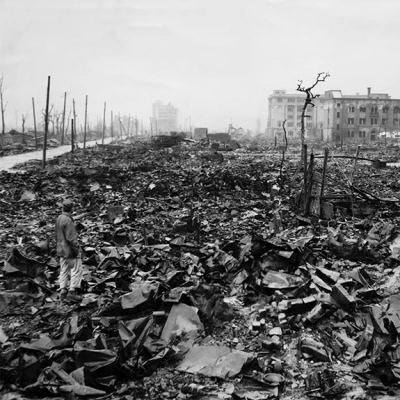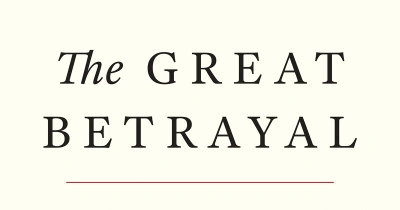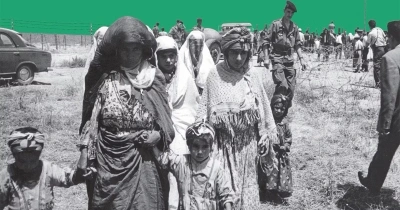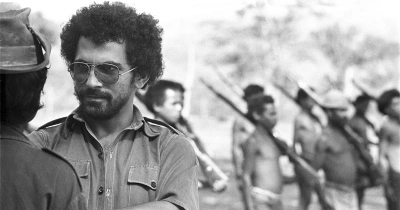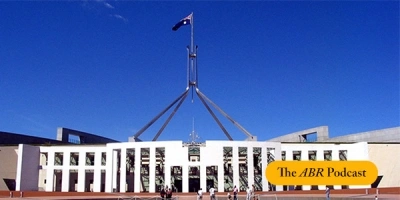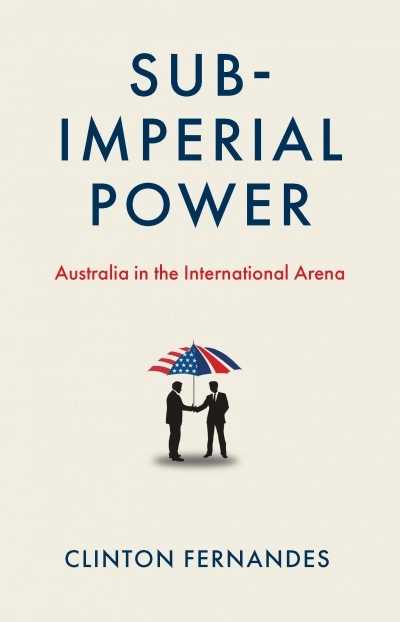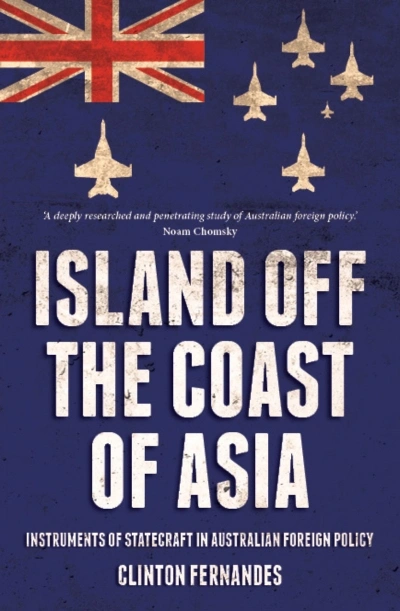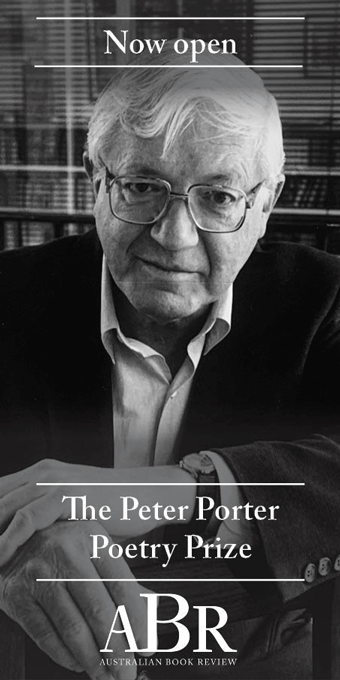Clinton Fernandes
Just after midnight on 6 August 1945, twelve United States military personnel on Tinian Island in the north-western Pacific Ocean had an early breakfast of eggs, sausages, and pineapple fritters. After prayers with a Lutheran chaplain, they boarded a Boeing B-29 Superfortress heavy bomber for a six-hour flight to Japan. Each carried a pistol, and their commander secretly carried a metal box holding twelve cyanide capsules, for use in case of capture. Their aircraft carried a nuclear bomb which would soon be dropped on Hiroshima, a city in the west of Honshu, Japan’s largest island. Accompanying them was a second bomber carrying instrumentation to measure the blast effects, and a third carrying photography equipment. Weather reconnaissance aircraft had departed earlier, to ensure conditions were suitable for the attack.
... (read more)The Great Betrayal: The struggle for freedom and democracy in the Middle East by Fawaz A. Gerges
The End of Empires and a World Remade: A global history of decolonization by Martin Thomas
Twenty-five years ago, an international peacekeeping force entered East Timor, delivered it from Indonesian occupation, and placed it under United Nations administration. Known as the International Force East Timor (InterFET), it had 11,000 troops from twenty-three countries and was commanded by an Australian major general. Everything about these events seemed miraculous. East Timor’s independence had long been regarded as impossible; a top adviser to President Franklin D. Roosevelt observed during World War II that it might eventually achieve self-government, but ‘it would certainly take a thousand years’. Indonesia invaded East Timor in 1975 while the latter was in the process of decolonising from Portugal, annexed it the following year, and declared its rule ‘irreversible’.
... (read more)Eurowhiteness: Culture, empire and race in the European project by Hans Kundnani
Empire, Incorporated: The corporations that built British colonialism by Philip J. Stern
Unlike in the United States and several other Western nations, Australian governments are under no compulsion to consult parliament before sending troops to war. In Subimperial Power: Australian in the international arena, Clinton Fernandes argues that this reflects, and furthers, Australia’s longstanding ambition in foreign affairs, which is to demonstrate its usefulness to the United States. In this week’s ABR Podcast, Kevin Foster, an academic at Monash University who has published widely on war in the Australian media, reviews Subimperial Power.
... (read more)

